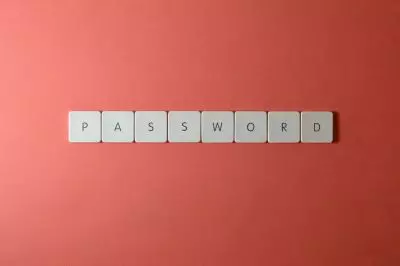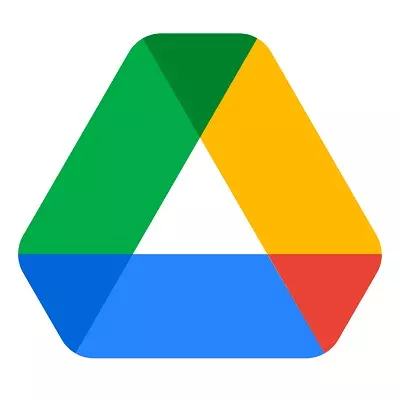We're all used to cookie banners on websites at this point, although anyone that doesn't just ignore them or hit accept regardless may have noticed they can be very devious in trying to get you to accept cookies you didn't mean to. The UK's Information Commissioner's Office (ICO) is now going to be more hardline on what is allowable here.









